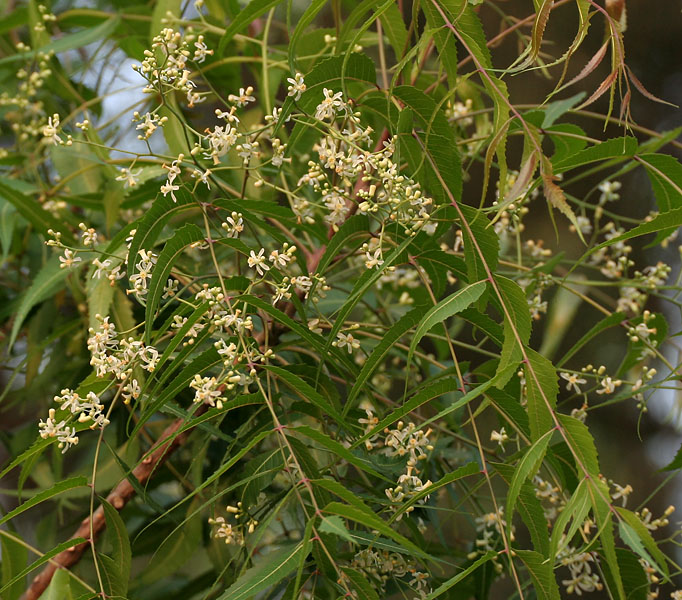1. The Indignation of Space Bar
When we walk in, a guard makes a swishing pass and hands us a token and a form. The automatic doors remain respectfully open while I try to figure out why we need all this to enter a diagnostic centre. Inside, I tell the person at Billing that we are here to consult Dr. V and am told to take a seat.
A few minutes later a secretary-type person in a blue sari comes and asks if we are here on a repeat visit. I say again what I said at Billing. She tells me that things have changed since we visited last (I already figured that, thanks) and that we now need to register, Rs. 50 valid for 3 months, all doctors.
What? WTF?!
This is one notch up the corporatisation of hospitals: earlier, you just had to register once and they gave you a patient number and a file, which you got to keep no matter how many times you visited. Now, some Hospital Management type is clearly earning her daily wage by thinking up new schemes to make the place more money: 50 bucks every quarter.
Will they give us a new file three months and another registration fee later?
Unless you're some extremely ill person, it's unlikely that you will need to visit a diagnostic centre more than a couple of times a year. Heck - even middling-ill people need diagnostics only once every three months. Any other time lapse needs a hospital.
"Yes, they need to make money. Fair enough," says our doctor, when we go in to see him. Right. After their cut of his and other doctors' consultation fees, and the tests, they still need that 50 bucks for the file and letting us sit in the AC for 15 minutes.
Bah.
(Not that I was pinched for 50 bucks, you understand. It's not my
makkhi-choosiness that's under discussion here, but theirs.)
2. Deja Vu
Hospitals (and diagnostic centres), like malls, have a continuous subterranean growl that never goes away no matter how many plastic plants they festoon the place with or how hard they try to make it look like nature's waiting room.
The first thing my mother has to wait for is a blood test. I know I'm equally worried because I know how hard it is to find a vein for her. I tell her, anxiously, to start a torniquet even before her name's been called, so it's not as agonising as it usually is.
I hate needles. My dreams turn into nightmares when they make an appearance, all dancing eyes and sprouting blood.
I sit outside - grateful for the tiny space inside that bars my anxious hovering - and watch other people emerge with their arms folded at the elbow. I think I detect a whiff of blood behind all the alcohol.
With my father, I used to force myself to watch. I think it was because it was better to be inside, where the blood was being drawn, than outside where the smells from the canteen mingled sick-makingly with other hospital smells.
Fasting blood sugar tests done, I miss that very same canteen most sorely, where my father used to have pongal, or masala dosas.
When you step into a hospital, kiss goodbye to a couple of hours of your life. And always carry a notebook.
The woman in a blue sari passes by and I smile gratuitously at her. In two minutes, she comes half-running to say she's arranged for my mother to skip a long queue for the ECG. I feel very pleased with myself - clearly, I haven't lost my touch. I am the Machiavelli of the hospital waiting lounge, armed with a file and a smile.
ECG and X-Ray done, we prepare to leave. I ask the woman-in-the-blue-sari when the results will be ready. "This evening," she says. I tell her I will return tomorrow in the morning, since we have to see the doctor anyway. She tells me that we don't have to get a token, since it will be a repeat visit.
I smile. It costs so little. And ask her her name. I leave with another name it will take time to forget: Padma, Nagalakshmi, Kasturi, Nasreen and now Ashwini.
And to think I considered just dropping in to say hello to my father's doctor.
As we leave, I notice for the first time, that there are many old and not-yet-opened machines outside, either waiting to be discarded or inventoried. I hope I never have to know, first or second hand, what they're for.
3. Oh, it's nothing serious
Just a frozen shoulder.
But I knew the routine last night: all medical files, credit card, insurance number, charged phone. I suppose I'm glad I know what to do.



